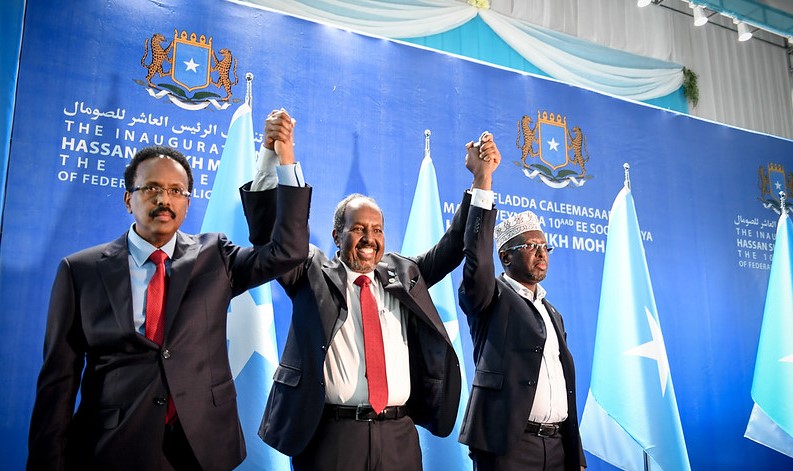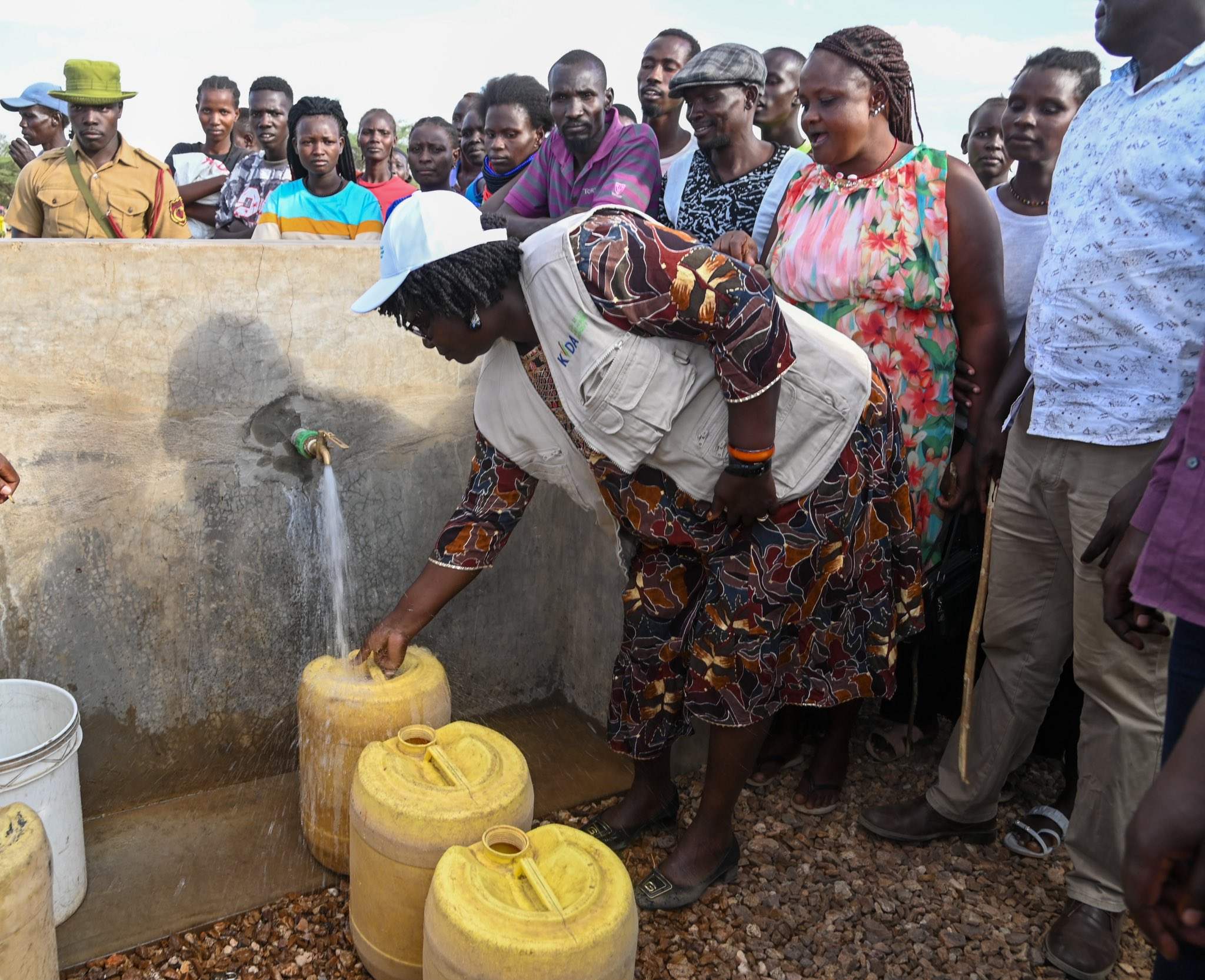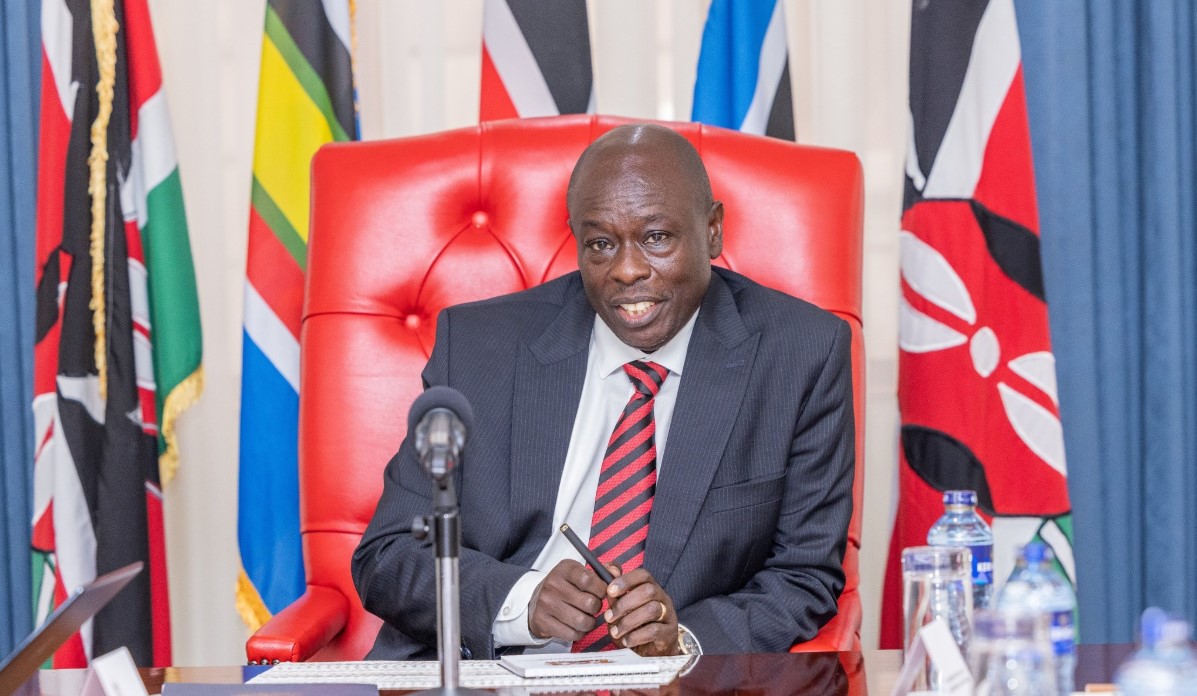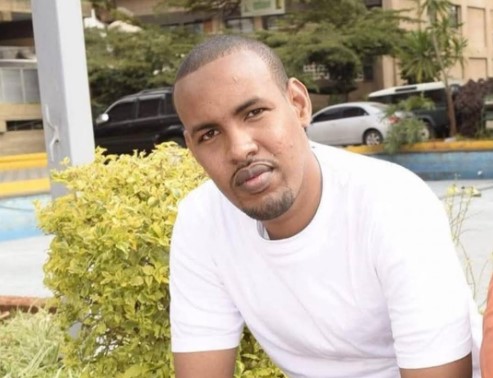Governments failing to prioritise health forcing patients to bear the burden - report
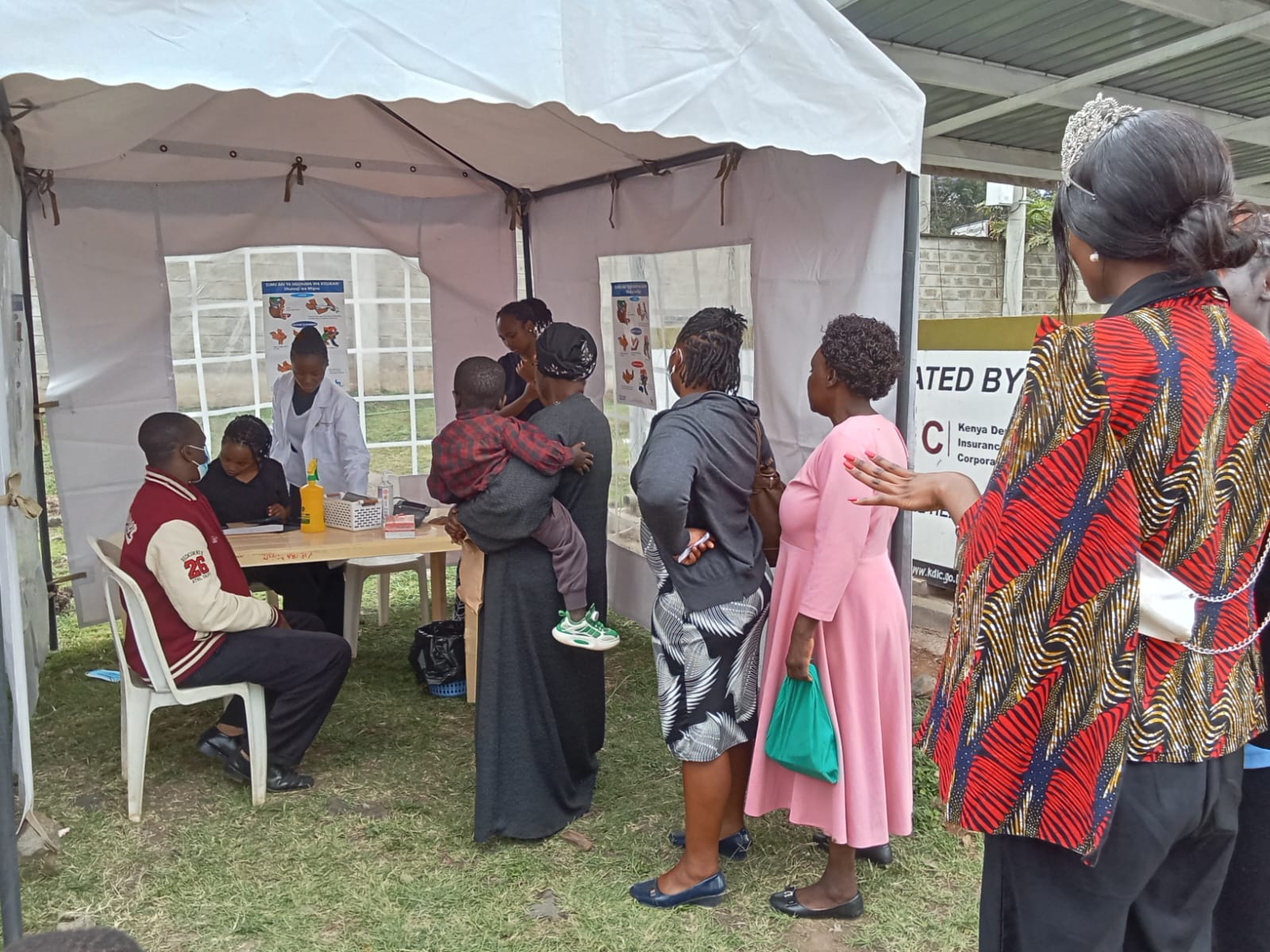
The WHO report warns that deprioritising health spending could derail efforts toward achieving universal health coverage (UHC).
Governments worldwide are allocating less funding to health, pushing more patients in poorer nations to pay for health services out-of-pocket, a new World Health Organisation (WHO) report reveals.
The report, titled 2024 Global Heath Expenditure Report, highlights that while health spending surged at the onset of the Covid-19 pandemic, domestic public spending on health per capita fell across all income groups in 2022.
More To Read
- Health Ministry issues clarification following reports on outbreak of flu-like illness
- Clinical officers announce nationwide strike over unmet agreement
- Confusion and concerns persist as Kenyans struggle with new social health insurance scheme
- WHO continues to urge China to share data five years after Covid-19
“This occurred against a backdrop of rising government spending, implying that health's share of general government spending—a measure of health priority—fell,” reads the report.
In wealthier nations, health spending remained relatively stable compared to 2021 levels, even as general government spending declined.
Meanwhile, low and lower-middle-income countries increasingly relied on external aid, which accounted for 31 per cent of their health spending, compared to 22 per cent from domestic funds.
Out-of-pocket payments were the main source of health financing in 30 low- and lower-middle-income countries, with patients covering over half of total health expenses in 20 of those nations. According to the WHO, this reliance traps households in a cycle of poverty and vulnerability.
“This isn’t confined to poorer countries. In high-income countries, 20 per cent of health spending was out-of-pocket, particularly affecting impoverished households,” reads the report.
WHO Director-General Dr Tedros Adhanom Ghebreyesus emphasised the need for urgent action to break this cycle.
“Access to health services has improved globally, but using these services is driving more people into financial hardship or poverty. Universal Health Coverage Day is a reminder that health for all means everyone can access the services they need without financial hardship,” he said.
In Kenya, health sector funding for the 2024/2025 financial year was reduced by Sh6 billion, prompting the Ministry of Health to urge the government to reconsider through the National Assembly.
The Health Committee attributed the cuts to the rejection of the Finance Bill following widespread protests in June, led primarily by the Gen Zs.
Compounding the issue, an auditor’s report from the same period revealed the misuse of Sh766 million within the Ministry of Health, including payments to ghost employees outside the Integrated Personnel and Payroll Database (IPPD).
The WHO report warns that deprioritising health spending could derail efforts toward achieving universal health coverage (UHC).
“Its deprioritisation can have dire consequences in a context where 4.5 billion people lack access to basic health services, and 2 billion face financial hardship due to health costs,” reads the report.
The report’s findings also highlight the effectiveness of government-backed health schemes over social health insurance in improving domestic health financing, particularly for preventive care, during the pandemic.
This insight comes as Kenya transitions to the Social Health Authority (SHA) after the National Health Insurance Fund was repealed.
However, challenges remain. According to the Rural and Urban Private Hospitals Association of Kenya, SHA’s scorecard currently stands at 46 per cent, reflecting stagnation on critical issues necessary for a smooth transition. Nearly 70 per cent of surveyed Kenyans expressed negative perceptions of the SHA.
The WHO urges governments to rethink financial protection strategies for patients, suggesting measures such as eliminating user charges for vulnerable groups, passing laws to shield citizens from impoverishing health costs and establishing publicly funded health financing mechanisms to cover entire populations.
On a more positive note, governments are investing more in primary health care, which prioritises disease prevention.
In Kenya, the Primary Health Care Act 2023, signed into law by President William Ruto in October, establishes a fund for early disease diagnosis and timely intervention during outbreaks.
“Public funding needs to budget for an affordable package of essential health services—from health promotion to prevention, treatment, rehabilitation, and palliative care—using a primary health care approach,” reads the report.


